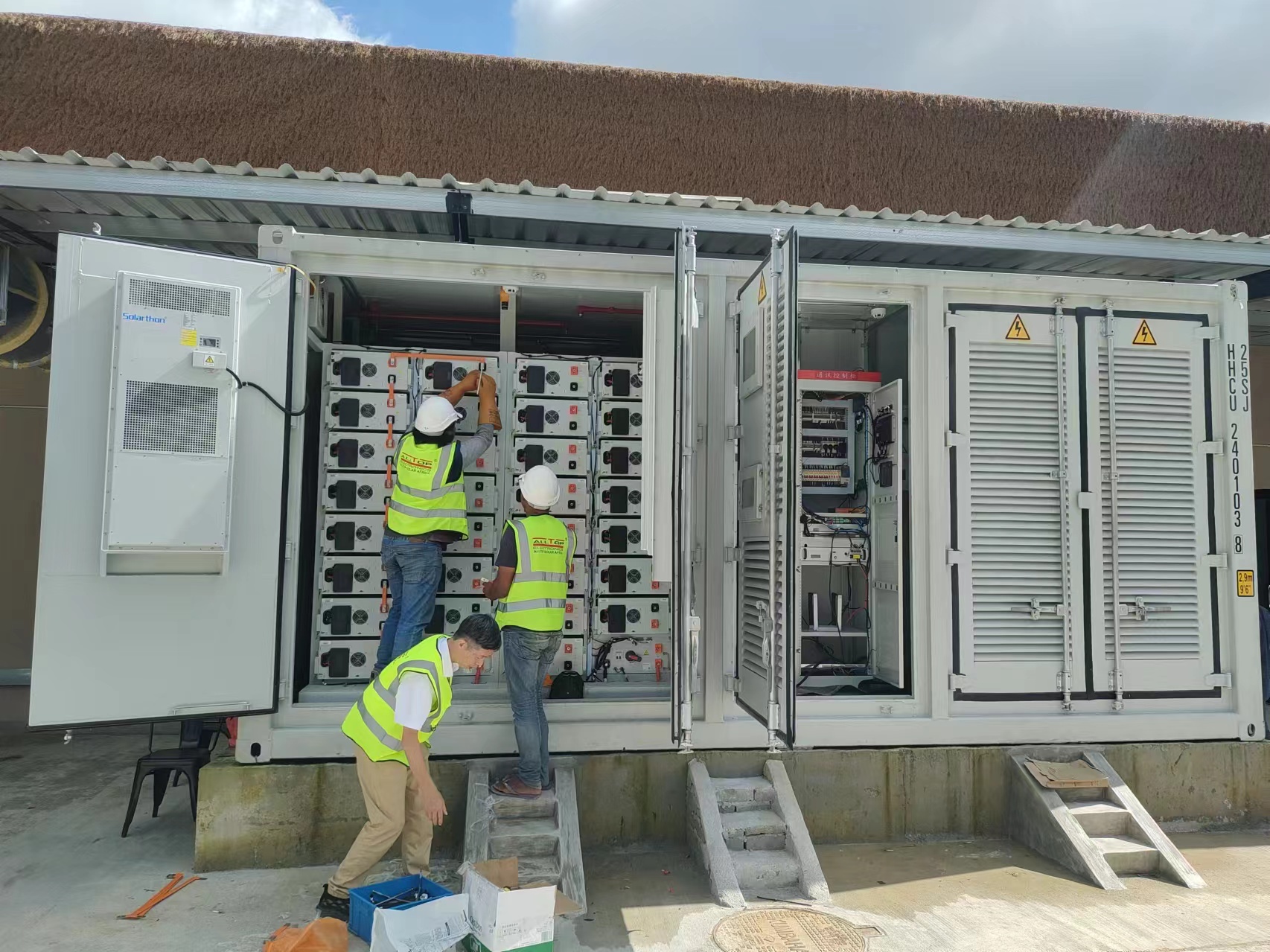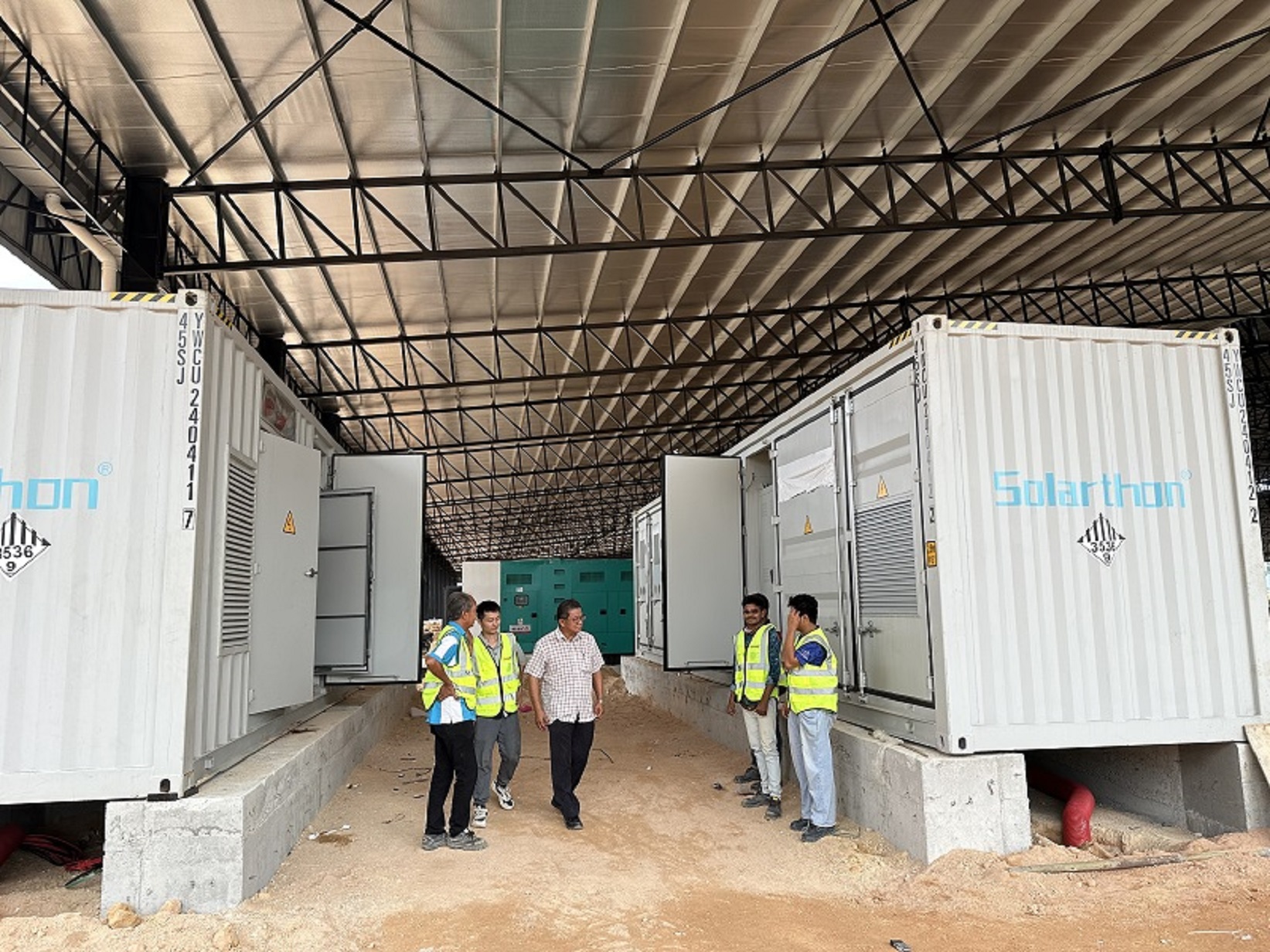Megawatt Solar Energy Storage System is a device capable of storing electrical energy generated by a solar power generation facility, and its design capacity is usually in the megawatt (MW) class. This kind of system is of great significance to improve the utilization rate of renewable energy such as solar energy system, smooth the fluctuation of power output, and support the stability of power grid. Here are some key points to help you better understand this technique:

1. Working principle: Solar panels convert sunlight into direct current (DC), which is converted into alternating current (AC) by inverters for home or commercial use. The excess energy is stored in the home solar energy storage system for use at night or on cloudy days.
2. Components:
• Photovoltaic arrays: Groups of solar panels that collect solar energy.
• Controller/charger: Controls the flow of power from the solar panel to the battery, ensuring that the battery does not overcharge or overdischarge.
• Battery pack: Store excess power. There are different types of lithium-ion batteries, lead-acid batteries and so on.
Inverter: Converts the direct current stored by the battery into usable alternating current.
Management system software: Monitors and optimizes the performance of the entire system.
3. Application Scenario:
• Residential areas: Provide users with self-sustaining clean energy solutions.
• Commercial buildings: Reduce electricity bills while demonstrating corporate support for environmental protection.
• Remote areas: Provide a stable power supply to places that are not connected to the national grid.
• Microgrids: Used in conjunction with traditional power grids to enhance energy security and reliability in local areas.
4. Advantages:
• Increased solar energy utilization and reduced waste.
• Helps balance the load on the grid and provides additional support during peak hours.
• Can be used as an emergency power source to keep vital facilities running during natural disasters or other emergencies.
5. Challenges:
• High initial investment costs.
• The right geographical location is needed to install a large enough solar panel array.
• Storage device batteries must be replaced periodically if their service life is limited.
With the transformation of the global energy structure, Megawatt solar energy storage system as an important part of green and renewable energy, its development prospects are increasingly broad. In the coming years, the system is expected to make significant progress in technological innovation, cost reduction and market application, contributing to the sustainable development of global energy.

